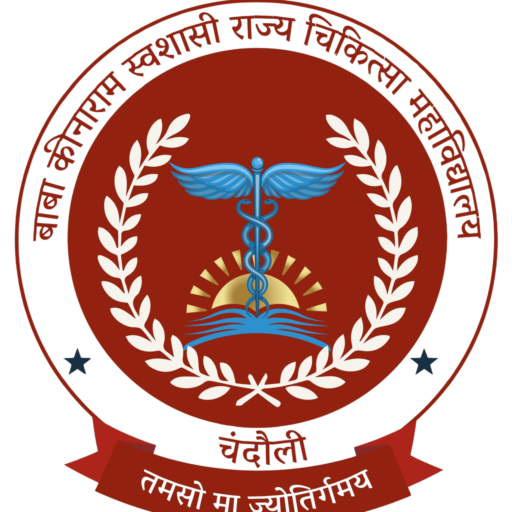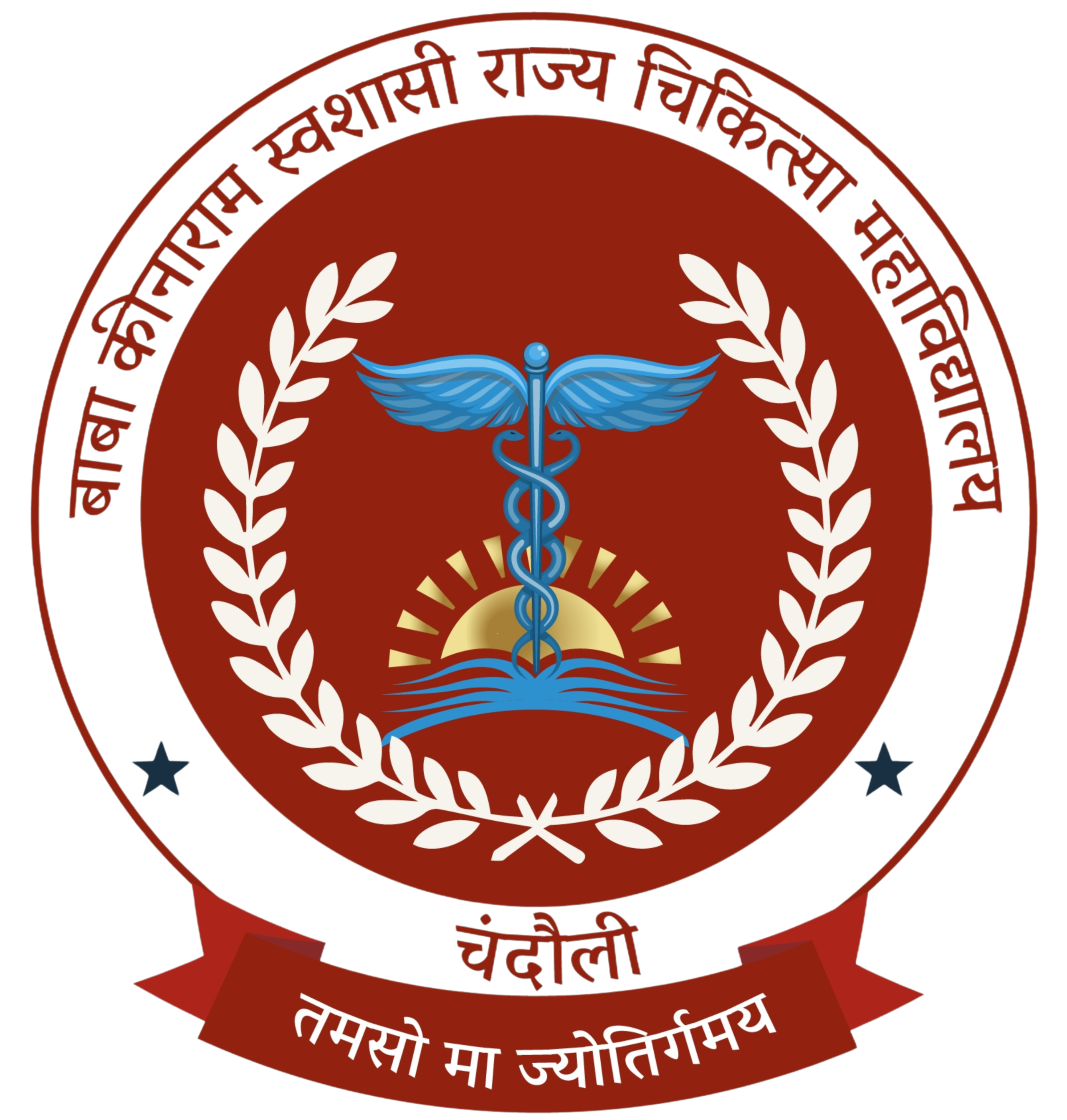The Role of Sports in Medical College: Balancing Books and Fitness
Medical college is often associated with intense study hours, long clinical postings, and sleepless nights. However, amidst the rigorous academic schedule, sports play a crucial role in shaping the overall well-being of future doctors. Engaging in sports not only helps medical students stay physically fit but also enhances their mental health, teamwork skills, and stress management.
Why Sports Matter in Medical College?
1. Physical Fitness in a Sedentary Lifestyle
Medical students spend long hours studying, attending lectures, and working in hospitals, leading to a sedentary lifestyle. Regular participation in sports ensures cardiovascular fitness, improved stamina, and overall well-being. Activities like football, cricket, badminton, and swimming help maintain an active lifestyle.
2. Stress Relief & Mental Well-being
The pressure of exams, assignments, and clinical duties can lead to stress and burnout. Engaging in sports acts as a natural stress buster by releasing endorphins, improving mood, and reducing anxiety. A quick game of basketball or table tennis can provide much-needed relaxation.
3. Teamwork and Leadership Skills
Sports teach essential qualities like teamwork, leadership, discipline, and decision-making—skills that are equally important in the medical profession. Whether it’s a football match or a relay race, collaboration and coordination are key to success, just as in a hospital setting.
4. Better Time Management
Balancing studies and sports helps students develop excellent time management skills. When students schedule their time efficiently, they not only excel in academics but also stay active and refreshed.‘

Sports Events in Medical Colleges
Many medical colleges host inter-college sports tournaments, providing students with an opportunity to showcase their talent. Events like the Inter-Medical College Sports Meet encourage participation, networking, and overall fitness.
Conclusion
While academics remain a priority, incorporating sports into daily life is essential for a balanced and healthy lifestyle in medical college. Sports instill discipline, boost mental resilience, and enhance social interactions—qualities that make a great doctor. So, the next time you feel overwhelmed with studies, pick up a racket, lace up your running shoes, or join a game—you’ll be surprised how much it helps!
appening again. By adopting this mindset of turning each failure into a learning lesson or opportunity.
“Sports is not just about winning; it’s about pushing your limits every day.”



